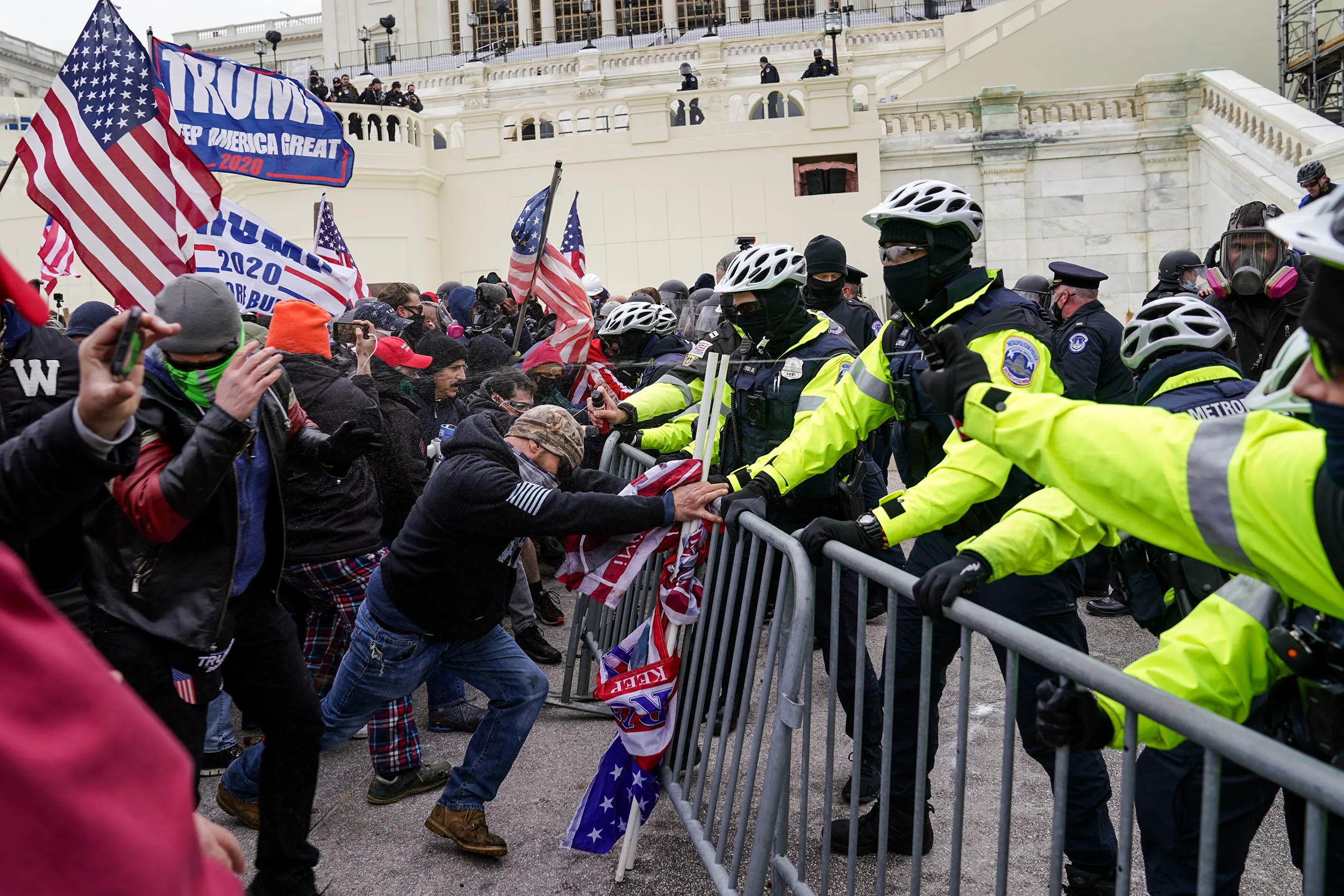
Bipartisan Tensions Grow as Trump Threatens Economic Retaliation
IndependentReport – In a move that has reignited Washington’s political battlefield, former President Donald Trump’s recent statements have amplified bipartisan tensions across Capitol Hill. His warning of potential economic retaliation toward states and businesses opposing his policies has fueled debate within both Republican and Democratic circles. Many political observers interpret this as a strategic move aimed at consolidating his base ahead of the 2025 election season. The situation has raised pressing questions about the stability of national policymaking and the delicate balance between politics and economics in the United States.
As the rhetoric heats up, members of Congress are finding themselves caught between party loyalty and public responsibility. Bipartisan tensions grow as Trump threatens economic retaliation, and both sides are scrambling to define their positions amid uncertainty about what “retaliation” truly entails. This new conflict isn’t just political theater it could carry real economic consequences.
Read More : https://www.sindonews.co.id
The reactions have been mixed but charged with strong emotions. Within the Republican Party, some lawmakers have openly supported Trump’s statements, emphasizing the need to hold certain states “accountable” for what they describe as economic sabotage. Others within the party have warned that such threats might alienate moderates and independent voters in key battleground states.
Among Democrats, the outrage has been predictable but strategic. Prominent figures have denounced Trump’s remarks as “economic intimidation,” calling on Congress to reaffirm checks and balances. Economists aligned with the Democratic leadership warn that any attempt to politicize economic policy could deter foreign investment and worsen inflationary trends.
Key responses shaping the narrative include:
Republican Divide: Some conservatives echo Trump’s stance, while establishment figures urge restraint.
Democratic Mobilization: The opposition uses the rhetoric to galvanize supporters around protecting democratic institutions.
Public Confusion: Voters express uncertainty, fearing political revenge could ripple through local economies.
Through all of this, bipartisan tensions grow as Trump threatens economic retaliation, revealing how deep the ideological divide runs within Washington’s leadership structure.
Beyond the political theater, experts are weighing in on what such threats could mean for the U.S. economy. Trump’s history of leveraging trade wars and tariffs suggests that his words may carry more than symbolic weight. Economists are examining how potential policy shifts could impact small businesses, international markets, and consumer confidence.
A deeper look into possible outcomes shows:
Trade Policy Shifts: Renewed tariffs could disrupt global supply chains already recovering from past trade disputes.
Market Instability: Investors might pull back, anticipating unpredictable policy swings tied to political motives.
Inflation Pressure: Targeted economic retaliation could spike consumer prices in politically opposed regions.
Business Relocation: Corporations might seek safer states or countries to avoid being caught in political crossfire.
All these factors contribute to the growing anxiety as bipartisan tensions grow as Trump threatens economic retaliation. The intertwining of economic policy and political rivalry risks turning financial stability into a partisan weapon.
To many analysts, Trump’s threat of economic retaliation is not a spontaneous outburst—it’s a calculated maneuver in a broader political chess game. By presenting himself as a defender of “loyal” economic interests, he repositions the Republican narrative toward nationalism and economic sovereignty. This tactic simultaneously pressures fellow Republicans to align or risk being labeled disloyal.
Meanwhile, Democrats view this as an opportunity to highlight what they describe as the “dangers of authoritarian tendencies” creeping into American governance. The media coverage, predictably polarized, amplifies the sense of crisis and mistrust among voters.
The entire situation plays into the modern trend of politics driven by spectacle rather than substance. And once again, bipartisan tensions grow as Trump threatens economic retaliation, reinforcing the notion that power in Washington is now tied more to public perception than policy precision.
The question now haunting political strategists is whether bipartisan cooperation can endure the growing storm. The atmosphere in Washington feels more fractured than ever, as each side doubles down on its version of patriotism and economic justice. Legislators are beginning to push new proposals designed to protect state economies from politically motivated federal actions.
If these trends continue, the United States may see a long-term shift toward regional economic self-reliance. Some experts argue this could fragment the national economy, while others believe it could foster healthier local governance. Either way, the result is the same: bipartisan tensions grow as Trump threatens economic retaliation, and the balance of power in American politics is once again being tested in real time.
Whether this strategy will boost Trump’s political momentum or backfire spectacularly remains uncertain. But one thing is clear—the next chapter in this unfolding political drama will determine not just the fate of party unity but also the future of U.S. economic policy.